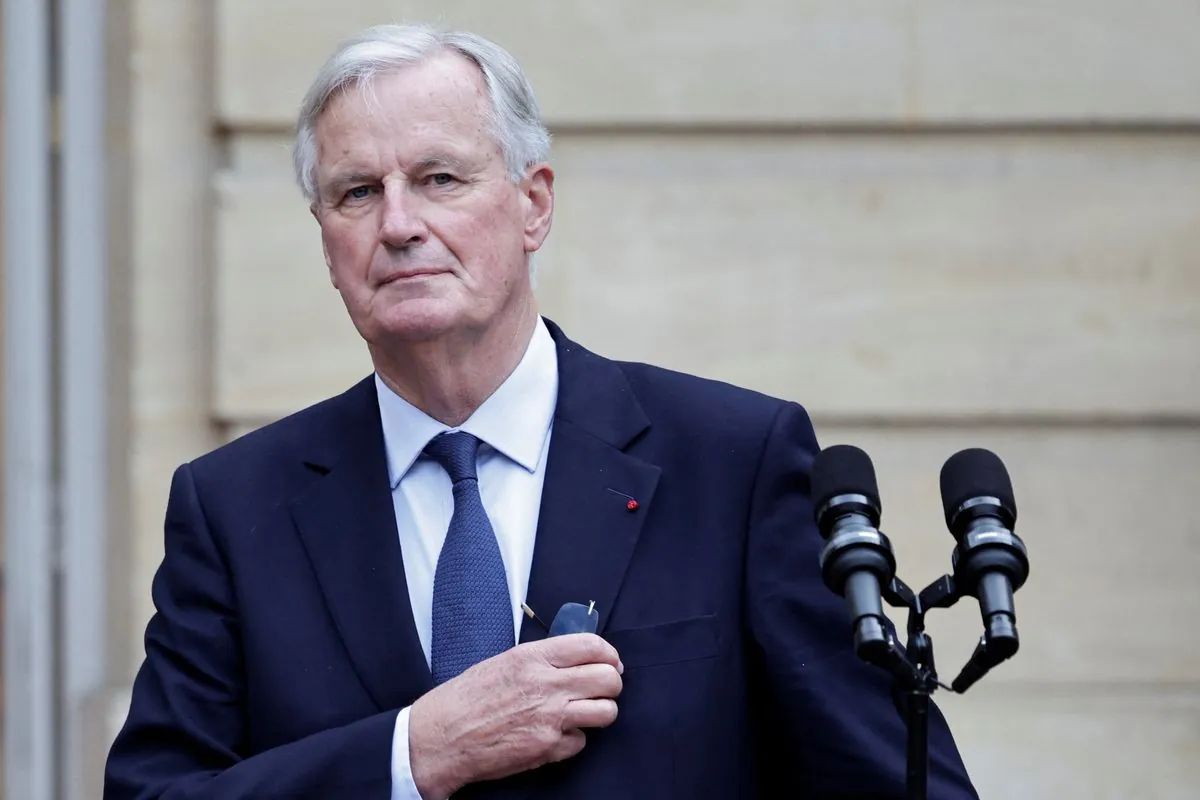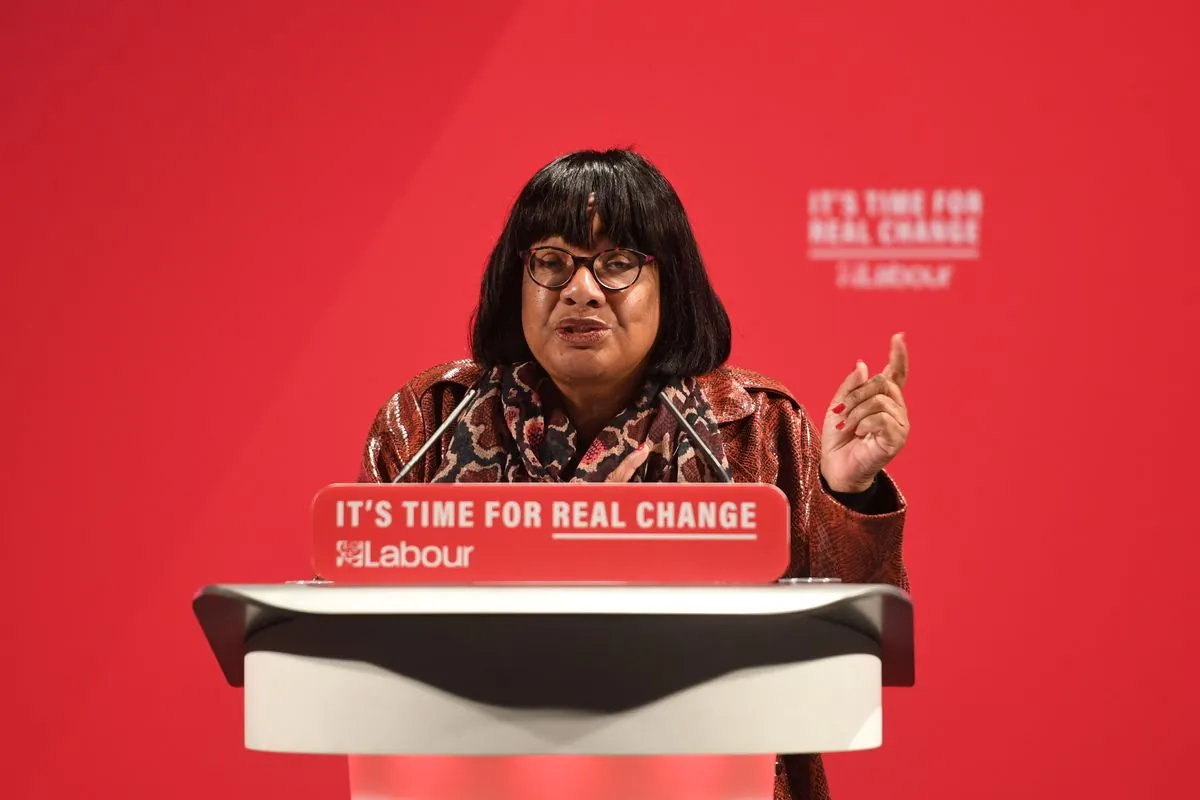Barnier Vows Immigration Crackdown as French PM, Sparking Left-Wing Protests
Michel Barnier, France's new Prime Minister, pledges to tighten border controls in his first interview. Left-wing parties accuse the far-right of influencing the government, calling for nationwide demonstrations.

In his inaugural interview as France's Prime Minister, Michel Barnier has pledged to tighten immigration controls, likening the country's borders to "sieves." This statement marks a notable shift towards right-wing policies, sparking controversy and calls for protests from left-wing parties.
Barnier, appointed by President Emmanuel Macron on September 5, 2024, addressed the nation via TF1, France's largest private television channel. The former Brexit negotiator emphasized the need for stricter border management, stating, "There still is a feeling that our borders are sieves and that migration flows aren't being controlled."
This stance has ignited criticism from left-wing parties, who accuse the far-right National Rally (RN) of exerting undue influence over the new government. Jean-Luc Mélenchon, leader of the France Unbowed party, has called for nationwide demonstrations on September 7, 2024.

The political landscape in France has become increasingly complex since the July 2024 National Assembly elections resulted in a hung parliament. The 577-seat assembly now includes significant blocs representing both the RN and the New Popular Front, a left-wing alliance formed in 2022.
Barnier's appointment came after a two-month search for a candidate acceptable to the diverse parliament. The 73-year-old conservative's nomination relied on tacit support from the RN, which agreed not to veto his appointment. This move has further fueled left-wing concerns about the far-right's influence.
In an attempt to address these concerns, Barnier expressed openness to forming a diverse government. "There is no red line," he stated, indicating his willingness to include talent from across the political spectrum. He added, "We need to open the door ... to all those who want it."
Despite this conciliatory tone, Barnier affirmed his commitment to pursuing some of Macron's key policies, including the controversial pension reform that would raise the retirement age from 62 to 64. This proposal has faced strong opposition from both the RN and the New Popular Front, who together control a majority in the new parliament.
"Barnier is completely dependent on the RN"
France's political system, which often requires coalition-building due to its multi-party nature, faces significant challenges in the current climate. The country's grappling with issues of immigration and national identity has led to the rise of far-right parties, with France hosting the largest Muslim population in Western Europe.
As Barnier begins his tenure as Prime Minister, he must navigate these complex political waters while addressing pressing issues such as immigration control and pension reform. The coming weeks will likely see continued protests and political maneuvering as France's diverse political landscape adapts to this new leadership.


































